Jakarta The name Harvey Moeis is back in the spotlight after the Jakarta High Court (PT) issued an appeal ruling that was much harsher than the previous verdict. In the tin corruption case that harmed the state, Harvey was initially sentenced to 6.5 years in prison. However, the appeal decision increased his sentence to 20 years in prison.
This decision has sparked debate among the public and legal experts. Because the sentence imposed was higher than the prosecutor’s initial demand, it was categorized as ultra petita. So, what exactly is ultra petita, and why can it be applied in this case?
Ultra petita is a legal principle that allows a judge to issue a ruling that exceeds the demands of the prosecutor or plaintiff. Although this principle is rarely used in criminal procedural law, in the case of Harvey Moeis, the panel of judges decided to impose a harsher sentence based on certain considerations.
Chronology of the Case: From the Initial Verdict to the Appeal

The case involving Harvey Moeis began with allegations of corruption in tin management that caused state losses of up to Rp 300 trillion. At the first level, the Jakarta Corruption Court (Tipikor) sentenced Sandra Dewi’s husband to 6.5 years in prison.
The Public Prosecutor (JPU) initially charged Harvey with a 12-year prison sentence, but the panel of judges deemed the sentence too harsh. Chief Judge Eko Aryanto in his verdict stated that Harvey was proven guilty of committing corruption and money laundering crimes.
However, this ruling received a different response at the appellate level. The Jakarta High Court then increased Harvey’s sentence to 20 years in prison, much higher than the previous ruling. This sentence is accompanied by an obligation to pay a fine of 1 billion IDR, with an alternative of 8 months in prison.

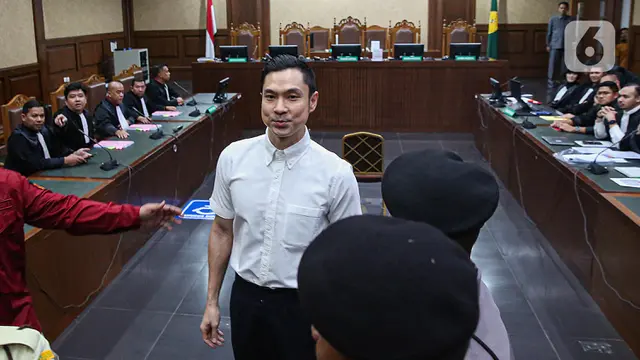
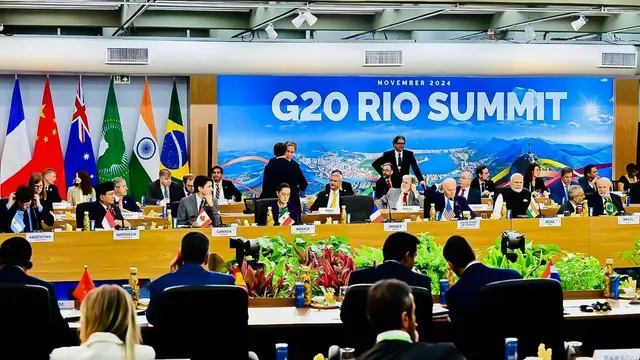
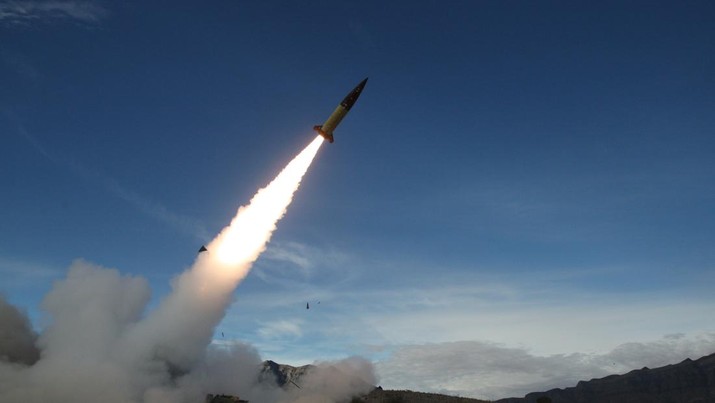
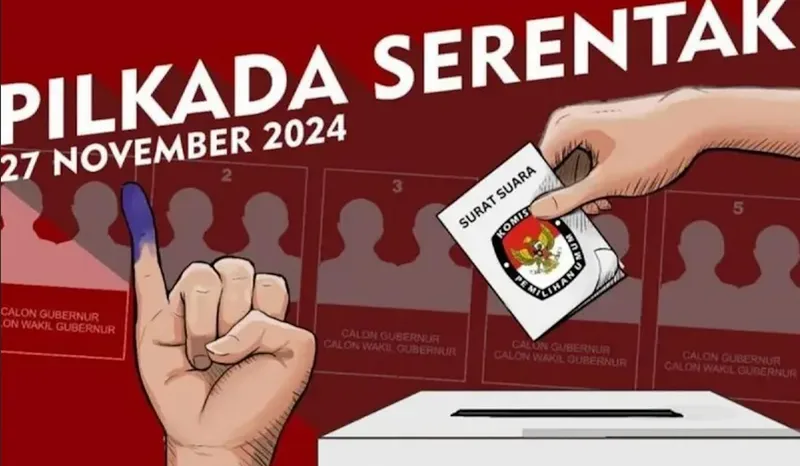
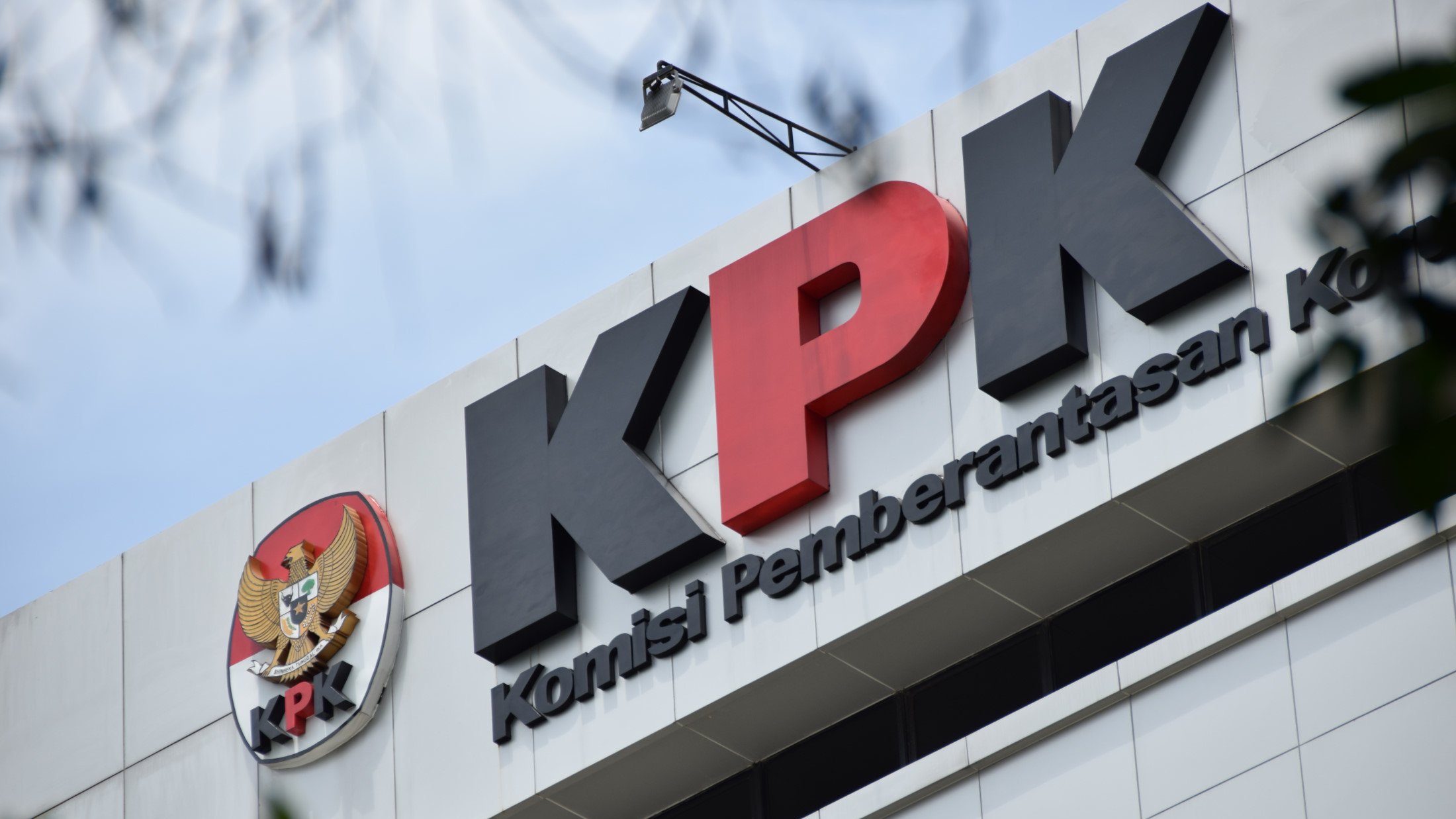
Leave a Reply